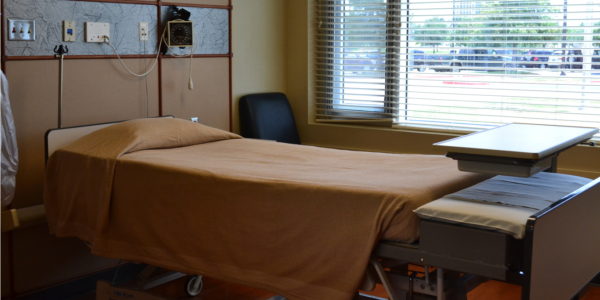Going to the hospital for surgery can be a difficult and anxious time for anyone. For many patients, having surgery is trivial or even commonplace. For others, it can be one of the most anxiety provoking experiences they have ever faced. Wherever you may find yourself, there are steps you can take to make this experience less traumatic and more positive.
The following two guides provide a lot of helpful information depending on your type of procedure. We encourage you to have a look, but also suggest that you continue reading our surgery information below on this page as well!
